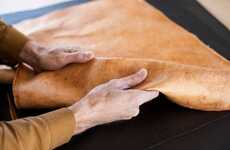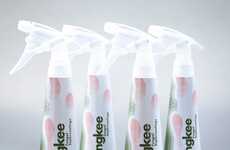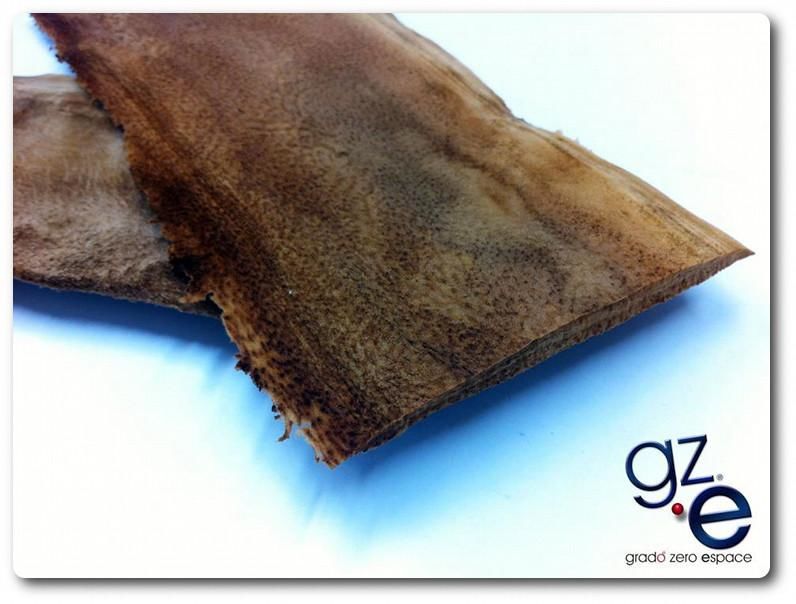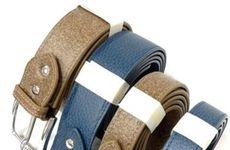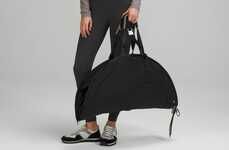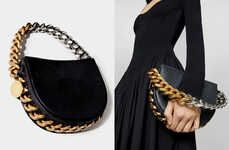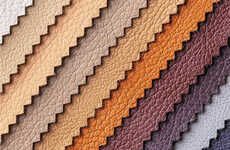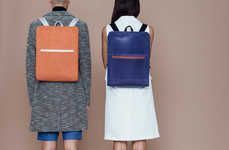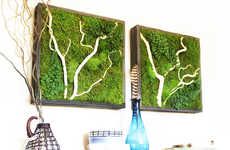
'Muskin' is a Plant-Based and Cruelty-Free Mushroom Leather
Laura McQuarrie — June 23, 2016 — Eco
References: gradozero.eu & clearlyveg
'Muskin' is the name of a fungal mushroom leather material that boasts the same softness as suede, as well as the same level of sturdiness of leather made from animal skins. As an alternative to conventional leather products, Muskin is entirely plant-based, non-toxic and cruelty-free.
Other great features of Muskin include its breathable properties that allow it to absorb and release moisture. It's also extremely hygienic, which means that it's great for reducing the the spread of bacteria, especially if this material is worn close to the skin.
As of late, there have been many new plant-based and cruelty-free leather alternatives being invented from a range of unusual sources like food waste, pineapples and even kombucha.
Other great features of Muskin include its breathable properties that allow it to absorb and release moisture. It's also extremely hygienic, which means that it's great for reducing the the spread of bacteria, especially if this material is worn close to the skin.
As of late, there have been many new plant-based and cruelty-free leather alternatives being invented from a range of unusual sources like food waste, pineapples and even kombucha.
Trend Themes
1. Plant-based Leather - Disruptive innovation opportunity: Develop new plant-based materials from unconventional sources like mushrooms to create sustainable and cruelty-free leather alternatives.
2. Cruelty-free Products - Disruptive innovation opportunity: Create innovative materials and products that are completely cruelty-free, appealing to consumers who prioritize ethical and sustainable choices.
3. Hygienic Materials - Disruptive innovation opportunity: Explore materials with inherent hygienic properties, such as the ability to reduce the spread of bacteria, to cater to health-conscious consumers.
Industry Implications
1. Fashion and Apparel - Disruptive innovation opportunity: Revolutionize the fashion and apparel industry by introducing sustainable and cruelty-free materials like mushroom-based leather.
2. Textile and Fabric - Disruptive innovation opportunity: Transform the textile and fabric industry by developing innovative plant-based materials that can replace traditional leather, offering more environmentally friendly options.
3. Health and Wellness - Disruptive innovation opportunity: Innovate in the health and wellness industry by creating hygienic materials that can be used in products such as clothing, bedding, and accessories.
6.4
Score
Popularity
Activity
Freshness


